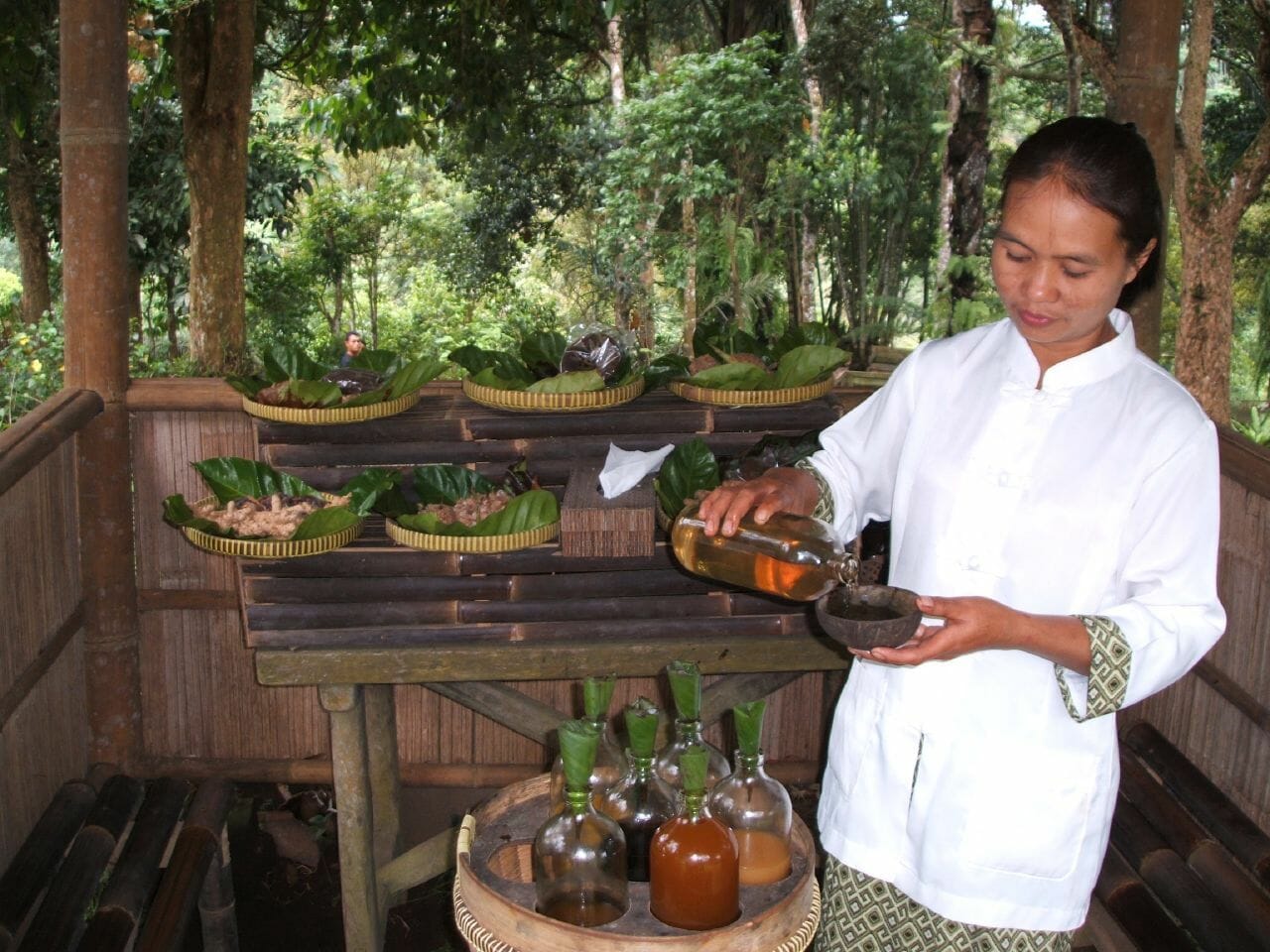Interest in home cooking and health foods is growing among Southeast Asian consumers as the Covid-19 pandemic continues, presenting new opportunities for e-grocers, online meal kits, and health-conscious food and drink brands, according to a new research report.
In a region known for its street food, hawker cuisine, and growing obsession with food delivery apps, the rise in home cooking represents something of a shift in attitudes. This has been accelerated by Covid-19, which is keeping consumers indoors and is compounding concerns about the hygiene of restaurant and takeout food, the report from UK market research firm Mintel suggests.
In Vietnam, for example, Mintel found that 71% of consumers are now cooking their meals from scratch all or most of the time. But 52% also said they’re finding it difficult to prepare food that is both healthy and tasty.
Likewise, the research found increased demand across the region for health foods, including several agricultural products seen as folk remedies.
In Indonesia, consumers have been flouting social distancing advice to buy jamu, a traditional medicine concocted from hundreds of herbs, seeds, fruits, flowers, leaves, and barks, that is taken in liquid, pill, or powdered forms.
In the Philippines, demand has risen for malunggay – medicinal preparations derived from the Moringa oleifera tree – and virgin coconut oil.
Garlic appears to be the remedy of choice for Vietnamese consumers in the wake of Covid-19. The aged black variety, in particular, is prized locally for its supposed antimicrobial, antioxidant, and antiviral properties.
Singapore’s immunity-boosting attempts take a slightly different spin: retailers in the city-state told researchers they’ve seen a boom in sales of multivitamin supplements of 3x to 5x the usual volume since the first cases of Covid-19 began to be reported there.
Growing-up milk
While the pandemic has pushed health and immunity concerns surrounding food to front of mind for Southeast Asian consumers, the trend was already on the up.
According to the report, producers and retailers in the region are increasingly leaning on “immunity claims” to market their food and drink products as beneficial to health.
Researchers found that the leading category of product launches making immunity claims over the past three years was ‘growing-up milk’ – milk powder formulated for children between the ages of one and four – which comprised 16% of such launches.
Following were meal replacement drinks and yoghurt-based or cultured milk drinks (both comprising 6%) and cold cereals, flavored milks, and teas (all 5%).
Opportunities for innovators
Combined, these trends highlight potential opportunities for e-grocers, online meal kit companies, and niche brands that can answer the Southeast Asian demand for food products with health credentials that can be prepared at home.
Covid-19 is “forcing Southeast Asian consumers to cope by changing their eating habits and embracing new shopping practices,” said Tan Heng Hong, Asia-Pacific food and drink analyst at Mintel.
“The threat of infection is reinforcing the importance of having a healthy immune system, unlocking new opportunities for brands to innovate around immunity to ward off future diseases.”
A recent report from Food Industry Asia and PricewaterhouseCoopers indicated that ASEAN’s already fragile food supply chains are coming under increased pressure due to the economic fallout of the Covid-19 pandemic. The study – based on a survey of food and beverage businesses – argued for deeper collaboration between the public and private sectors to strengthen food security across the region.
A majority (30%) of respondents to the survey said that changes to consumer purchasing habits, such as online delivery demand, would represent the most likely long-term impact of the Covid-19 crisis on the industry.




